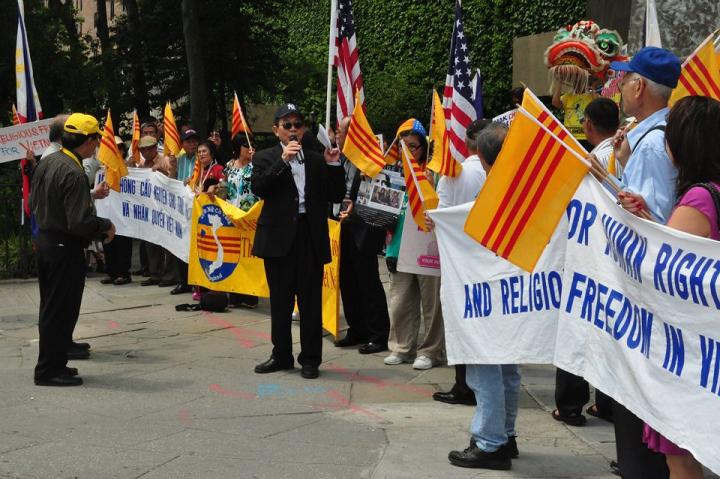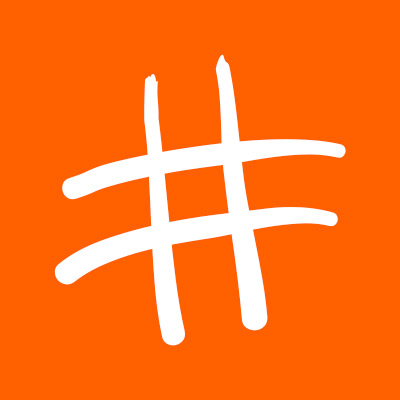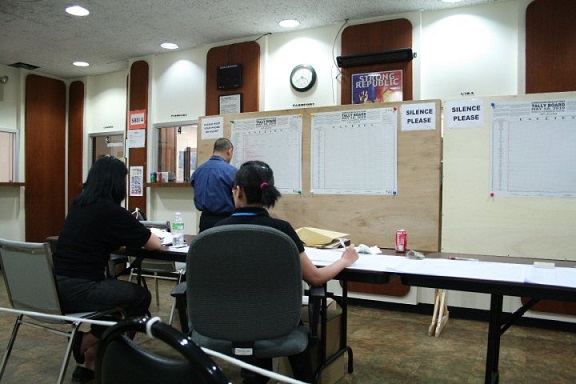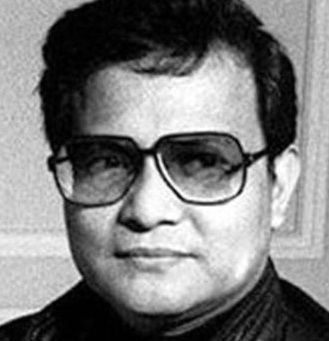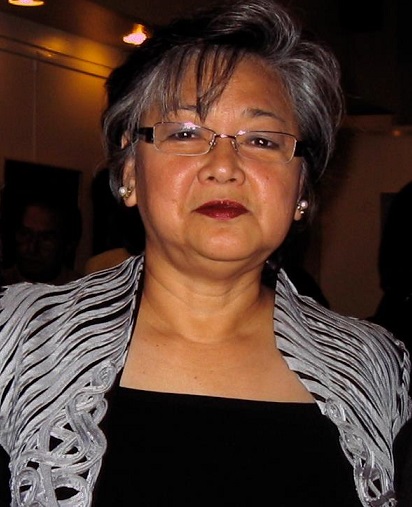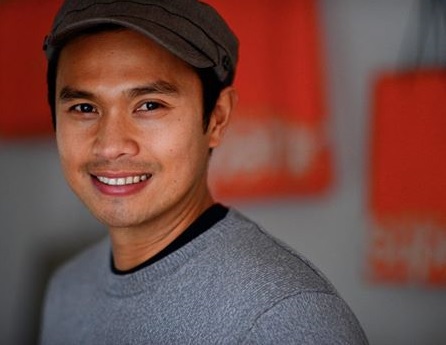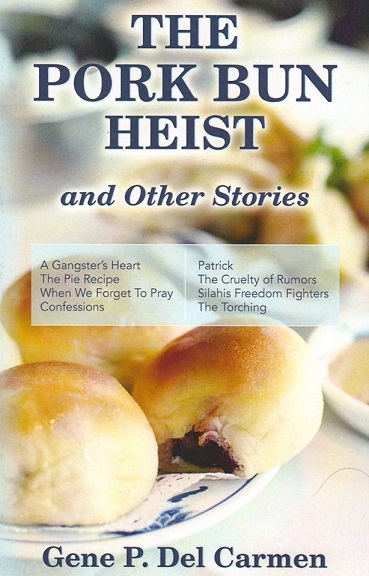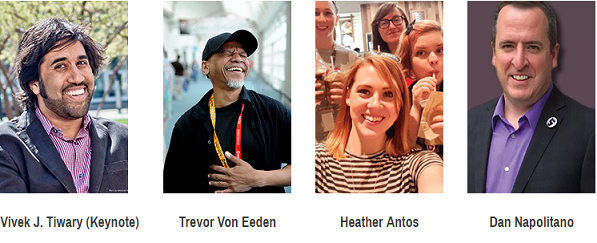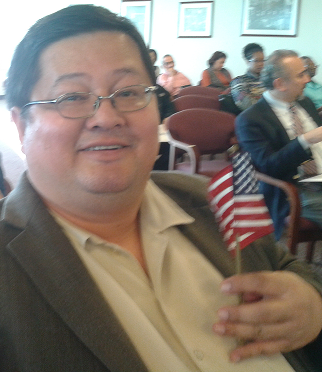From naturalization to voting in three weeks
By Rene PastorThree weeks ago, we pulled up in a cab on a cool morning at the Rodino building in Newark for my naturalization interview. It was a little before 8 a.m. and like any jittery Pinoy, I had my wife along for support. I also needed someone to talk to.
I got called in just before lunch break, passed the interview, got congratulated for becoming a citizen of the United States and then hunkered down for a late lunch at the immigration building cafeteria to wait for the certificate to come out.
By 4:30 p.m. I was taking my oath as a new American citizen. The immigration official who administered the pledge to about 40 of us reminded us of our rights: that we could now petition our families to come to the U.S. and that we now have the right to vote. President Barack Obama welcomed us in a pre-taped message, and by 5 p.m. my wife was chuckling about being “married to an American without going through a divorce.”
“This is the only office in the country that holds the oath-taking the same day,” the interview officer told me a lifetime past, which actually was four hours ago.
We hopped on the bus and then the train. I was rushing to get home to Rahway so I could catch the registration deadline. It was October 16, and the signup deadline for new voters in New Jersey was 7 p.m. I needed no convincing to register: I was excited to vote in the most expensive election in U.S. history pitting Democratic President Barack Obama against Republican Mitt Romney. Instead of celebrating my citizenship over a fancy dinner, I opted to register so that I could vote.
Fast forward three weeks and I was walking the few hundred meters to the Golden Age Towers from our condo/apartment building. The seniors center was my polling place. I entered a spacious hall and began to imagine Rahway’s elders spending their nights there in backgammon tables or dancing to the music of their time.
I presented my U.S. passport, which arrived in the mail the day before on November 5; they quickly found my name. I was given ballot number 243 and fell into a short line at one of three electronic booths.
I pressed President Obama’s name on the screen and then Senator Robert Menendez’s. A green X lighted up on both. I voted for Congressman Donald Payne Jr., whose father used to occupy the seat until his demise. I then pressed the red ‘cast vote’ button and was done.
I left the booth and chatted with an 80-something-year-old lady named Mary. She used to volunteer for duty in these elections in the town of Freehold, but not this year. “I survived cancer this year,” she said smiling radiantly as she continued to talk about her laundry, where the machines are located and how she preferred to get her wash done early. “It gets very hot in there.”
Mary beamed and congratulated me for my first vote.
A police officer swung by and asked if there was any problem in the voting. Finding nothing wrong, he left to resume his patrol. Voters on walkers and canes shuffled into the hall. I did not see any poll watchers or the campaign streamers that I regularly saw in my old poll district in San Juan, Metro Manila. I helped a woman open the door before finally stepping out of the building.
The blast of air slapped my face awake. I looked at my American passport again and thought how long it took – almost 14 years — to have that symbol of Being American in my hands and three weeks to set it in motion.
Rene Pastor is a financial journalist with specialization in the commodities market. He is a candidate for a Master of Science degree in International Affairs at the New School.

